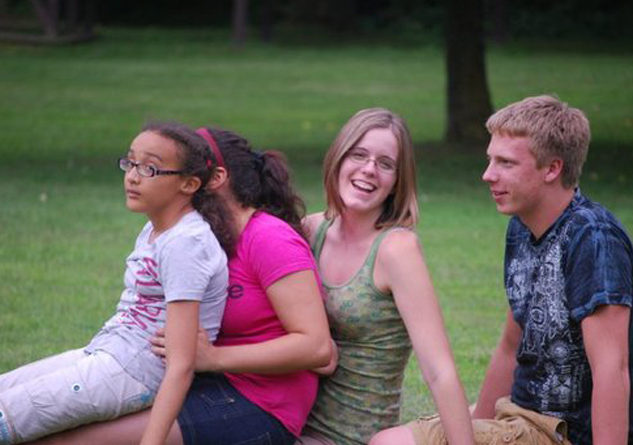Veronica Carter
Public News Service
SPRINGFIELD, Ill. – An education think tank has taken a closer look at a report on school segregation that came out this fall from the Center for Children and Families at the Brookings Institution. It found that poverty, not race, is the real challenge for segregated schools, and that improving school quality is key to closing racial achievement gaps.
Erica Frankenberg, co-director of the Center for Education and Civil Rights, said the problem with that report is that it ignored a lot of evidence and it calls for more charter schools, but she said charter schools tend to be more segregated than public schools. She added that diversity allows children to learn from each other.
“They have reduced racial prejudice,” she said. “They’re more likely to lead integrated lives as adults; a lot of these things that are really important outcomes of public schools that we want to help prepare our citizens for a diverse country and a diverse workforce.”
In her review, Frankenberg found that the report presents a false choice between school integration and creating high-quality urban charter schools. She did the analysis for Think Twice, a project of the National Education Policy Center.
The Brookings report said individual charter schools are more racially segregated than traditional public schools that serve the same geographical area.
William J. Mathis, managing director of the National Education Policy Center, disagrees. He said the issue of segregation needs to be addressed.
“People forget that one of the primary reasons that we have public schools is socialization for a democratic society,” he said. “We need to learn to get along together and work together for the common good, and that seems to be lost when people are simply looking at test scores.”
Mathis said achievement scores at public schools aren’t much different that the charter schools, and added that means kids are losing out socially, without any gains academically.






